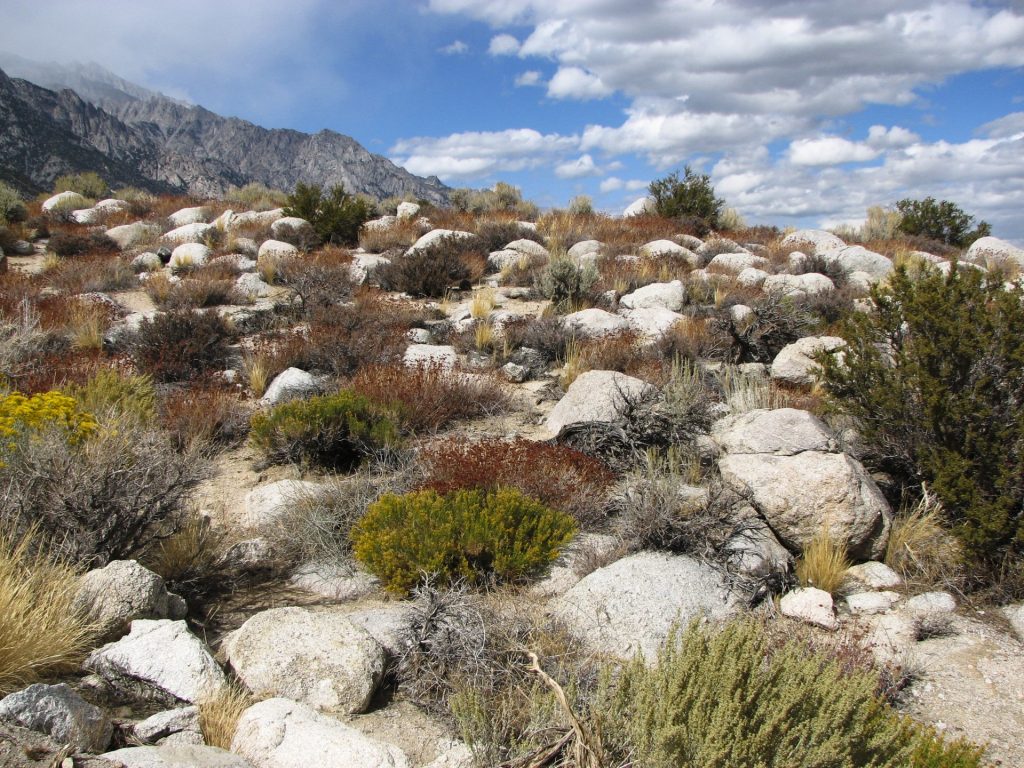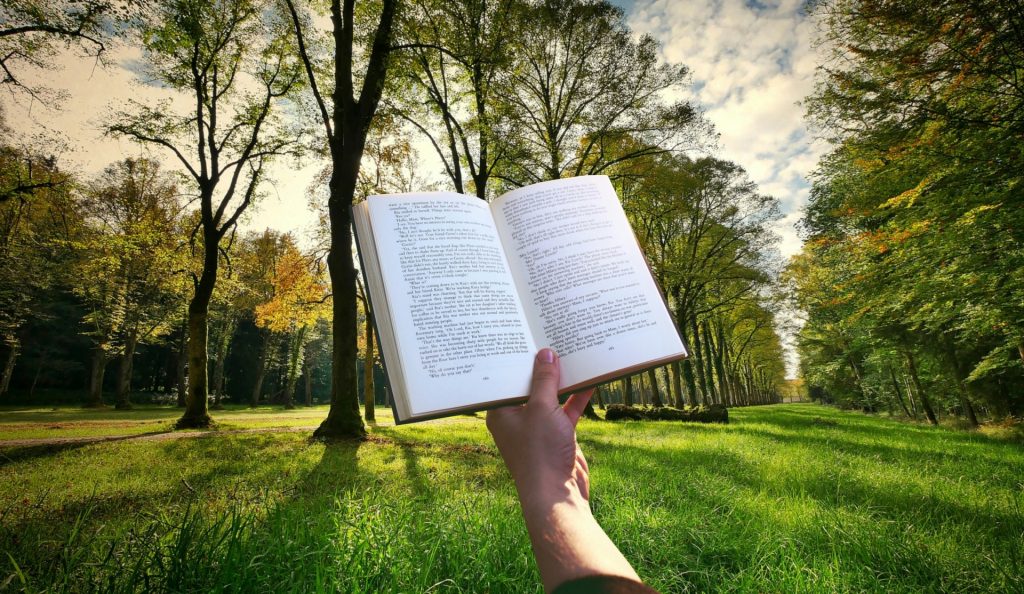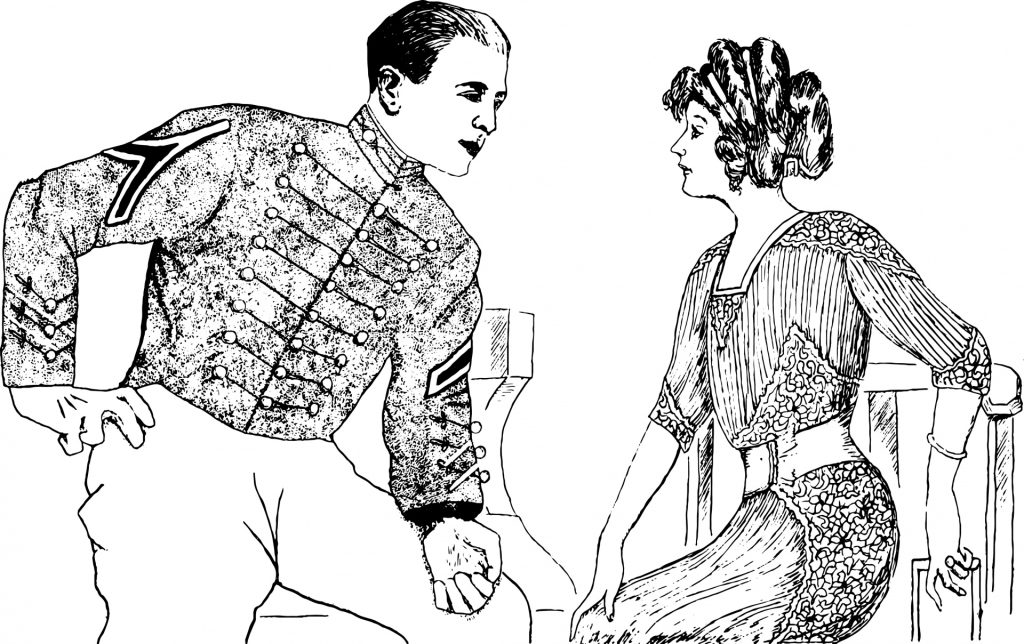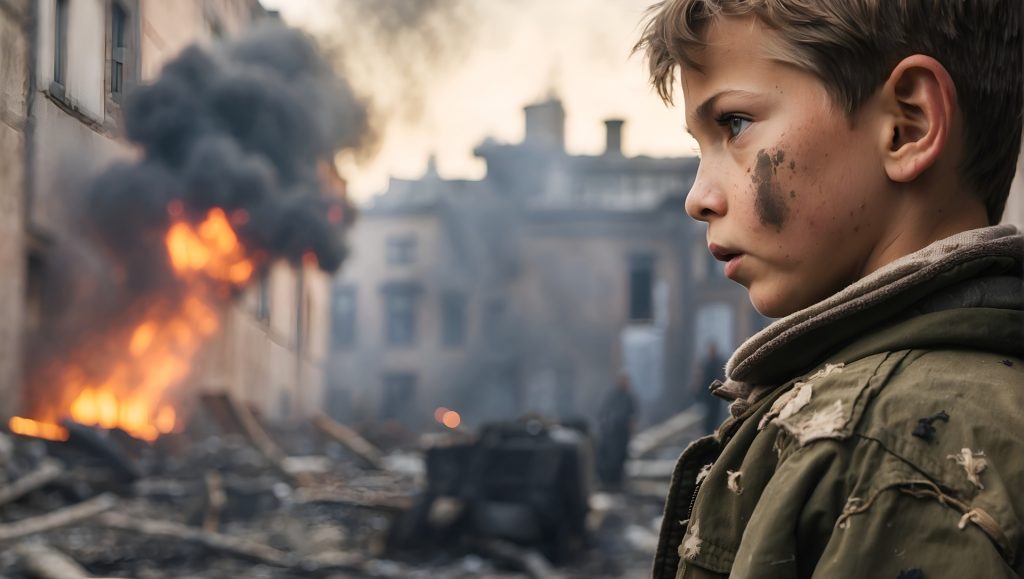First of all, letting everyone know that we’ve picked a date for the Hayward Lit Hop, a community festival with different readings and events up and down B Street in Hayward, CA.
The third annual Lit Hop will take place the afternoon of Saturday, April 27th and we encourage everyone reading this who is in the area to attend! More information and a video clip showing off the Hop and how it works here on our website.
Secondly, Clare Songbirds Publishing House (CSPH) is launching its inaugural Elizabeth Royal Patton Memorial Poetry Competition. More about poet and English teacher Elizabeth Royal Patton here.
The Elizabeth Royal Patton Memorial Poetry Competition will be blind judged by a panel of five judges and cash prizes will be awarded to the top three poems. An anthology will be published with all the poems that make it through the first round of judging and each poet with an entry in the anthology will receive a free copy. All submissions must be sent via Submittable and the full rules and the link are here. The submission period will be from February 1 through April 18, 2024.
Now, for this month’s second issue, Grief and Joy. These feelings coexist here in abundance.

Nosirova Gavhar offers up a playful and happy glimpse of winter while windswept canyons drive E.T.’s speaker to silence.
Nigora Togaeva revels in the natural and cultural beauty and richness of the Uzbek region of Kashkadarya. Sayani Mukherjee’s work radiates the beauty of a cluster of golden poppies. Mahbub Alam remembers the wondrous scenes he’s seen in person and in his mind’s eye.
Peter Magliocco also speaks of memory, and aging and fading romantic and sexual desire while J.D. Nelson expresses his quiet weariness facing everyday life and its mishaps.
Taylor Dibbert reflects on the life of his beloved dog. Isabel Gomes de Diego surrounds us with our mortality with her images of the Chapel of Bones in Evora, Portugal while Bill Tope’s taut horror story presents retribution for thefts from beyond the grave.
Stephen Jarrell Williams speaks of different types of loss: the lack of physical and relational and spiritual homes, a departure on a train, and the fading of sunshine. George Gad Economou shares his booze-fueled dreams of leaving the past behind to move into the future.

Faleeha Hassan’s speaker plods along on a heavy wagon ride weighed down by sorrow. Safarova Zarnigor expresses the angst of being an old soul looking for love in a new world while J.J. Campbell searches for connection in a lonely town and stage of life.
Eva Lianou Petropolou laments how the children of Gaza will come of age in a time punctuated by war. Mykyta Ryzhykh speculates on unheard perspectives and untold stories buried under rubble. John Mellender relates a night in jail after an intense political protest in mock-epic verse while Daniel De Culla makes a mockery of the obscenity of war and power-hungry leaders. Walter Shulits also lambastes American political and economic power brokers in his epic series of poems while Ian Copestick blasts racism in law enforcement.
Sabrid Jahan Mahin urges us to be strong in a harsh and selfish world. Gulsanam Qurbonova encourages readers to think positively and avoid useless gossip while Lobar Davronova encourages moderation in the use of social media.
Yoldosheva Farangiz illustrates the transformation of a boy guided away from a life of mindless distraction to one of study. Guzal Sunnatova thanks her sister and her teacher for their encouragement to write and study poetry.
Tolquinboyeva Odinaxon writes of awakenings, moving from a hot summer to a fresh new autumn school year.

Continuing with the school theme, Sevinch Tulquinova describes technical tools that can help college students learn language. Meylieva Zebiniso discusses psychological and pedagogical teaching techniques. Madina Fayzullayeva points out resources to help students organize and cite research papers. Baratov Quvonchbek encourages students to learn fundamentals of media literacy to be able to evaluate information. Maftuna Umaraliyeva discusses methods of helping English language learners grasp idioms while Asilabonu Sobirova outlines ways to help English language learners improve their reading skills.
Alan Catlin constructs numbered short verses that link ideas and fragments in unusual, but resonant, ways. Vernon Frazer joins and juxtaposes fragments to suggest nebulous processes: the slow destruction of a reputation, the passage of human history. Patrick Sweeney crafts thoughtful one-liners that request multiple readings.
Shahnoza Ochildiyeva exults in the many wonderful summer activities available to Uzbek school children. Gulasal Nematjanavna highlights the optimism of and the opportunities open to Uzbekistan’s fresh generation of youth leaders.
Bangladeshi poet Muntasir Mamun Kiron extols the glorious historical tradition conveyed in the Bangla language. Barnokhan Ruziyeva describes academic programs in linguistics and translation that propel Uzbekistan into thought leadership in those fields.
Zuhra Ruzmetova finds nurturance in the bosom of her motherland of Uzbekistan. Others find care and companionship in more personal relationships.

Lilian Dipasupil Kunimasa celebrates life and friendship in pieces that peal with gentle musicality. Annie Johnson evokes the sweet comfort of sleep and memories of love and care.
Elmaya Jabbarova evokes the mysteries of how love begins, and how it fades. Graciela Noemi Villaverde suggests that passionate love can bring us to a form of divine eternity in our own minds while Maja Milojkovic compares deep, spiritual love to religious practice. Kristy Raines’ speaker describes a close intimate relationship that has brought her comfort and peace.
Ahmad Al-Khatat urges men who have found true love to appreciate the women dear to them. John Edward Culp invites listeners to hear love’s eternal story. Duane Vorhees describes sensuality and human thought and feeling through clever metaphor.
Jerry Langdon crafts a love poem that resembles a pop song, along with describing serious depression.
Mesfakus Salahin draws on religious and natural metaphors to convey grief. Dildora Toshtemirova mourns but looks forward to better days.

Diyora Kholmatjonova poetically grieves her departed mother while Sevinch Omonova encourages hers to find happiness in life. Nilufar Tokhtaboydva urges respect for parents due to the countless ways parents care and sacrifice for their children.
Gulsevar Xojamova provides a poignant reminder that not everyone has parental support while Akramova Shiringul Furqatjon illustrates the miracles that can happen through compassion and noticing the suffering people around us.
Nilufar Ergasheva illustrates her family and village navigating the change of seasons and a long winter, while Christopher Bernard’s poem points out small ways people hold onto warmth and the hope of spring in a bleak midwinter.
Mark Young’s “geographies” suggest maps and construction and our built and natural environments while Brian Barbeito finds the extraordinary in seemingly daily natural scenes, drawing on alien and spiritual metaphors.
We hope that this issue will help you find the beauty and grace in daily life, where pain, ecstasy, comfort and wonder all make up the panoply of our experiences.
